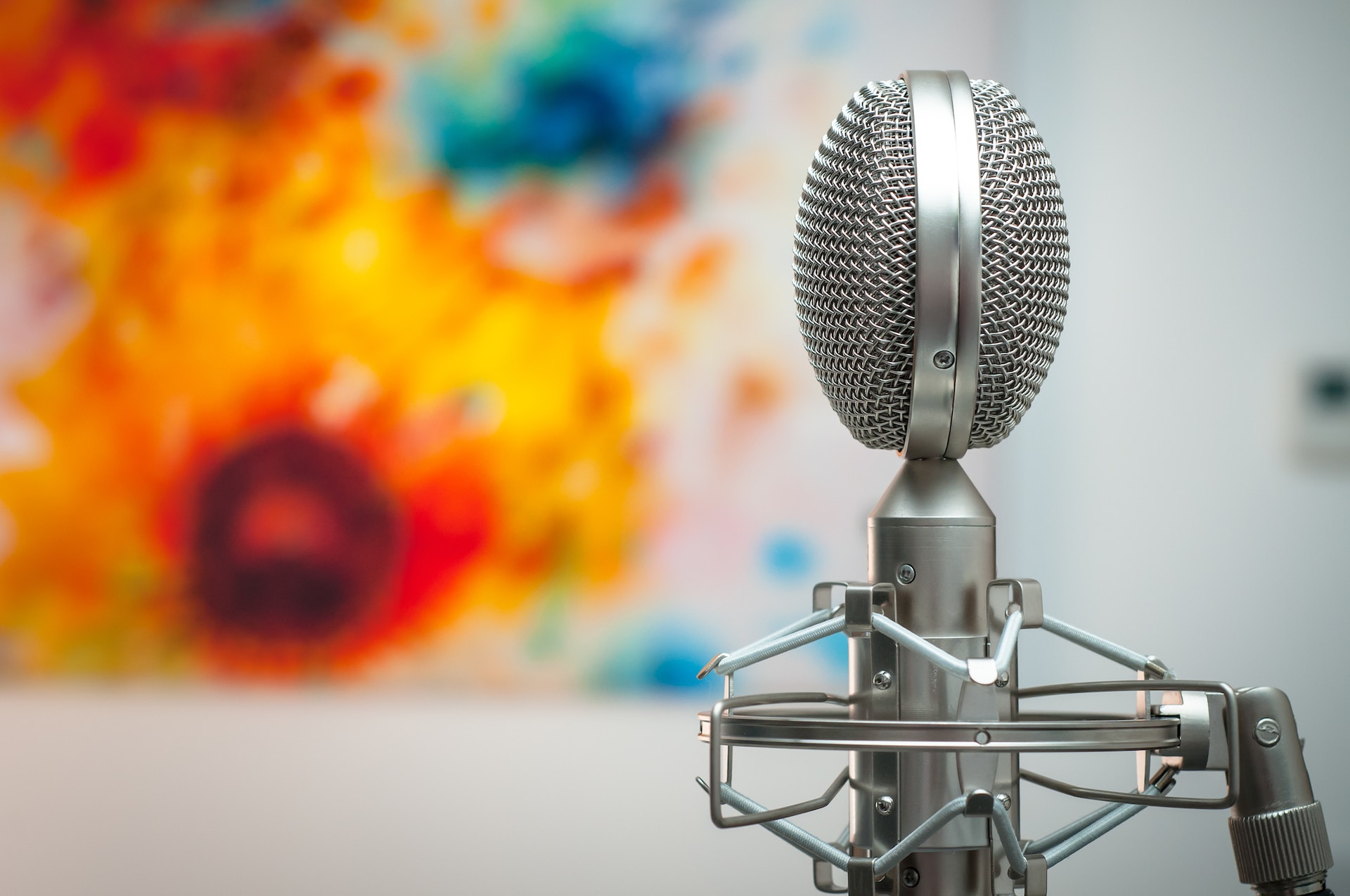Breaking news: Tips for a successful live interview

By Simon Perez
Associate Professor of Broadcast and Digital Journalism, Syracuse University
Live television brings an immediacy to storytelling that’s hard to beat. Grabbing an authoritative interview during a breaking news situation reels in the viewers because they’re learning what’s happening at the same time you are. There’s no scripting, no editing, no rehearsing – live means now. Pulling off a polished live interview takes some practice, but here are some tips that can help turn what could be a hectic, muddled situation into an opportunity to enlighten in real time.
Think like a viewer - In a breaking news situation, there is no time to write up a list of questions. You have to go live and ask as the cameras are rolling and thousands of people are watching. So what do you ask? Think like a viewer. What would the viewer want to know? Depending on the breaking news situation, the questions may vary, but it’s not that hard to figure out what’s at the top of viewers’ minds:
- Mall shooting:
- Is the threat over? Am I safe?
- Who’s hurt and how badly?
- Did you catch the bad guys?
- Plane crash:
- Are there survivors?
- How many people were on board?
- What caused the crash?
- Is the community safe?
- Post-earthquake press conference with public safety officials
- What should people do now – go to a shelter, stay at home?
- Where can people go for help? What is the help?
- What is the extent of the damage?
- How many people were hurt or killed?
Listen – Unlike a pre-planned interview where you might write down in your reporter’s notebook the 10 questions you’re sure you want to ask, in a live interview there’s no time for that preparation. Instead, you’ve got to be flexible enough to go with the flow. Listening allows you to adjust and adapt on the fly. If you don’t listen and end up skipping over something newsworthy, you’ve defeated the whole point of the exercise, which is to gather newsworthy information and communicate it to the public. The viewers want to know what’s happened, and if you don't address an obvious point, they’ll get frustrated and change the channel. Can’t you imagine a viewer yelling at the TV: “Why didn’t you ask that?!?” It’s not easy to do two things at once – listen and formulate the next question. But, it is a process you can master. When you do, your viewers will thank you.
It’s not about you – keep in mind your questions are of value to the viewers only to the extent they elicit informative answers. Short, quick, clear, concise questions get the job done much better than questions with long-winded preambles. This is not about demonstrating your knowledge of the situation. Instead, this is about working for the viewers and getting them the information they need.
This is not rocket science, but with some practice, you can keep your calm and lead the subject through the story in a way that makes sense to and is satisfying for the viewers.
Simon Perez is an associate professor of broadcast and digital journalism at Syracuse University's S.I. Newhouse School of Public Communications. In the summers of 2012, 2014, 2015, 2016, 2017, 2018 and 2019 he returned to his former job as reporter for KPIX TV in San Francisco. He has chronicled his newsroom experiences and the lessons he hopes to bring back to the classroom at http://www.simonperez.com/blog.
